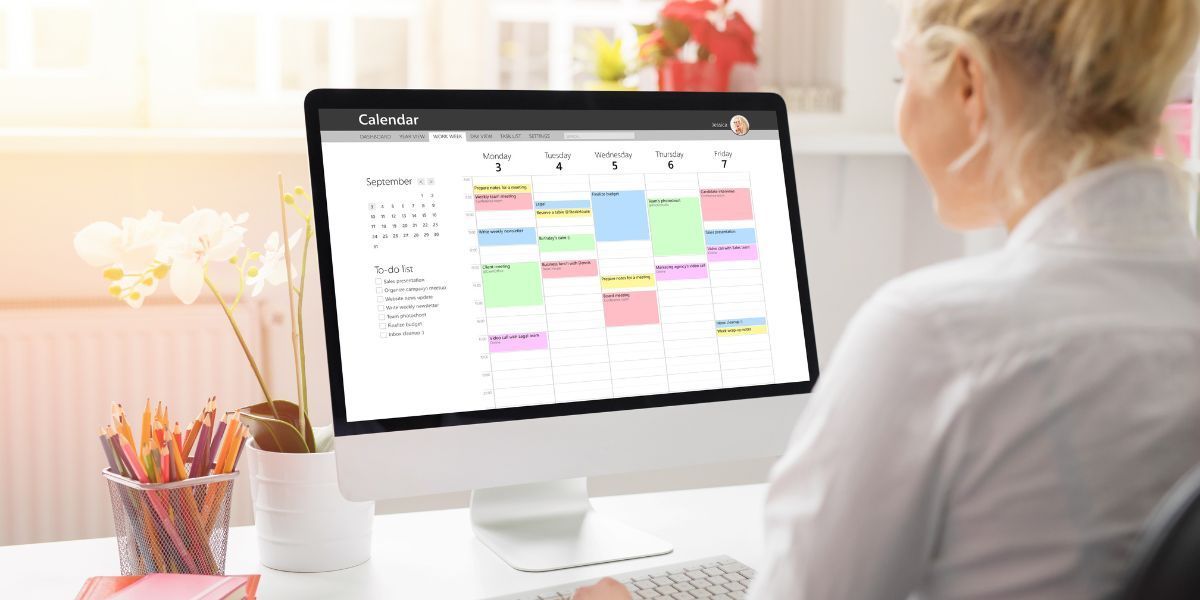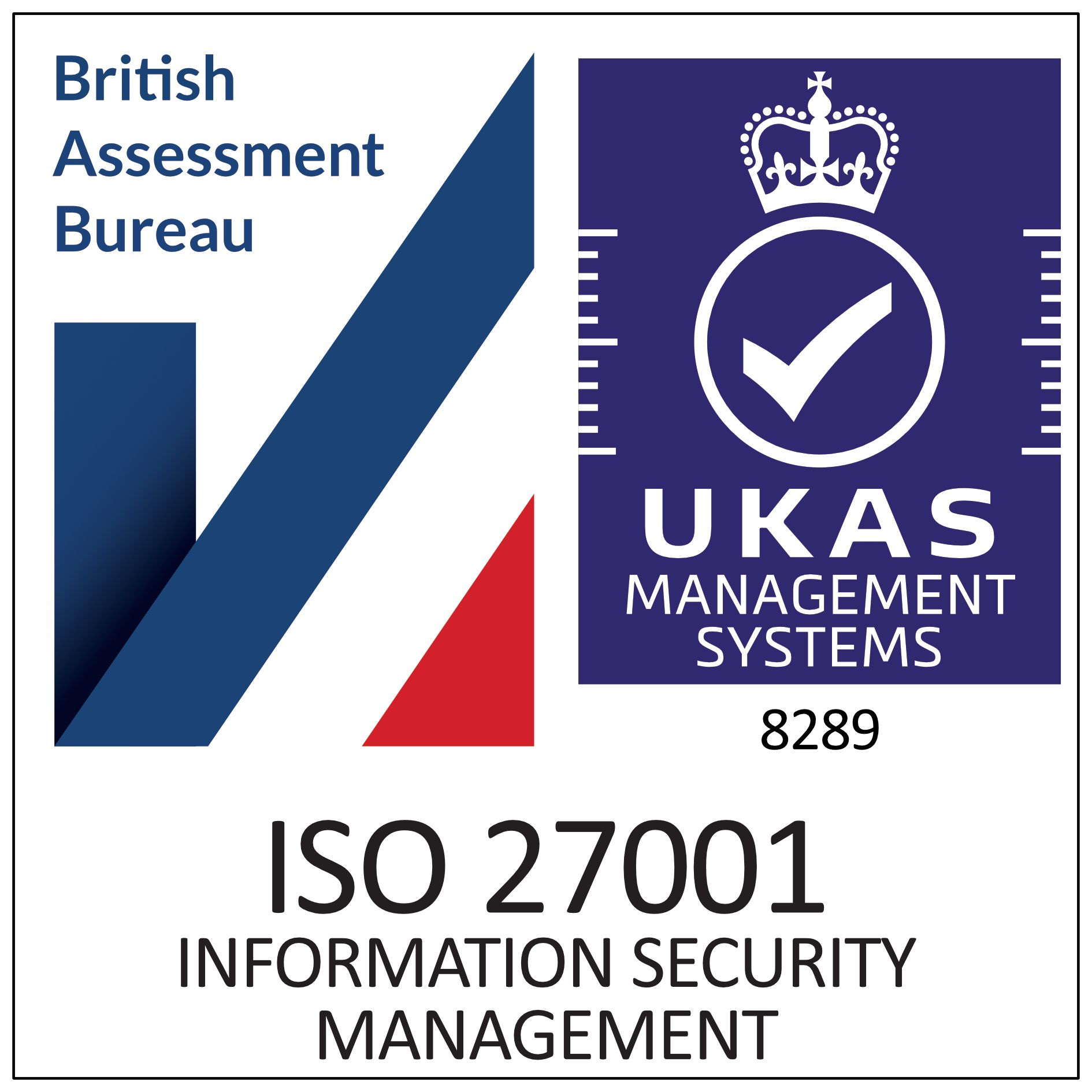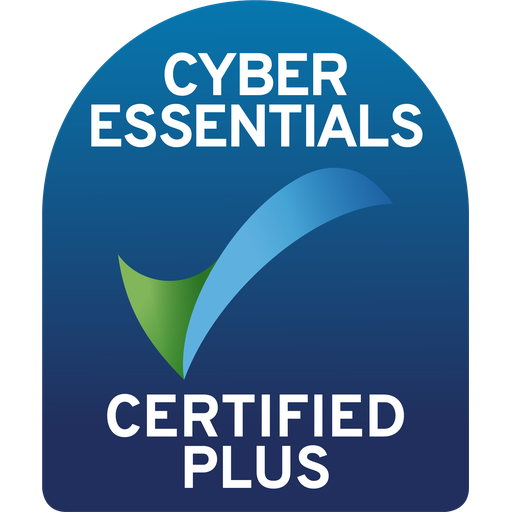Tracking Progress and Spotting Setbacks
Every Small Step Forward Deserves to be Seen
In residential children's care, progress rarely arrives with fanfare. There's no dramatic breakthrough moment or life-changing conversation. Instead, it shows up quietly: a young person asking for help rather than bottling things up, choosing healthy ways to cope instead of destructive ones, or simply getting through a difficult week without major incident.
But progress in care is fragile. It can slip away as quietly as it arrives. A young person who's been thriving might start struggling again. Sleep patterns deteriorate. Relationships become strained. Academic engagement drops off.
That's why tracking progress and identifying regression matters so much. It's about recognizing when a young person is flourishing so you can build on what's working. It's about catching warning signs early, before small setbacks become bigger crises.
The challenge? In the day-to-day reality of running a children's home, managing behavior, attending meetings, coordinating with schools and social workers, supporting staff, it's easy for the bigger picture to get lost. You know the young people in your care intimately, but are you capturing that knowledge in a way that helps you see patterns, measure progress, and evidence outcomes?
That's where Sue Solutions comes in. Our children's residential homes software transforms daily observations into meaningful data, helping you spot progress when it happens and regression before it escalates.
What Progress Actually Looks Like in Residential Care
Progress in children's residential care is deeply personal and often complex. Unlike academic achievement or clinical recovery, progress for young people in care can't always be measured with simple metrics. It's about emotional growth, behavioural change, relationship building, and developing skills for independent living.
Every young person's journey is different, but progress typically shows up in specific areas:
Emotional regulation and wellbeing
Learning to identify emotions, communicate feelings appropriately, and use healthy coping strategies during stress or conflict.
Social relationships and attachment
Building trust with staff and peers, developing healthy boundaries, and forming meaningful connections that provide stability and support.
Educational and skill development
Engaging with learning, whether in formal education or practical life skills, and showing curiosity, resilience, or achievement in chosen areas.
Behavioural stability and self-control
Reducing incidents of aggression, self-harm, or risky behaviours, and increasing positive choices and decision-making skills.
Independence and life skills
Developing practical abilities like budgeting, cooking, maintaining relationships, or managing healthcare that will support successful transitions.
Trauma recovery and healing
Processing difficult experiences, reducing anxiety or flashbacks, and developing a more positive sense of self and future.
But just as progress can happen gradually, regression can be equally subtle. A young person might start avoiding group activities they once enjoyed. Sleep becomes disturbed. Academic work declines. They might become more withdrawn or, conversely, more challenging in their behavior.
The key to effective care is recognizing these patterns early. Celebrating progress to reinforce positive change, and intervening quickly when regression appears, before small concerns become major setbacks.
The Cost of Missing the Signs
Without clear systems for tracking progress and identifying regression, the consequences can be significant for the young people, their futures, and your ability to provide effective care.
Without consistent monitoring, you risk:
Missing early warning signs of regression
Small changes in behaviour, mood, or engagement can signal bigger challenges ahead. Without tracking these patterns, problems can escalate before you realize intervention is needed.
Inability to evidence positive outcomes
Ofsted and local authorities expect clear evidence that young people are making progress. Anecdotal observations, while valuable, don't provide the measurable data needed to demonstrate impact or secure continued funding.
Inconsistent care responses
Different staff members might interpret the same behaviours differently, leading to mixed messages and inconsistent support strategies that confuse young people and undermine progress.
Lost opportunities for targeted intervention
When you can't see patterns clearly, you might miss opportunities to adjust care plans, try new approaches, or provide additional support in areas where young people are struggling.
Placement instability
If commissioners and social workers can't see evidence of progress, or if regression goes unaddressed, they may question whether your placement is meeting the young person's needs, potentially leading to moves that disrupt care continuity.
Staff frustration and burnout
When progress feels invisible or setbacks come as surprises, staff can feel like their hard work isn't making a difference, leading to lower morale and higher turnover.
When inspectors visit, they want more than care plans and incident reports. They want evidence that you:
- Know each young person's specific needs and goals
- Can demonstrate measurable progress toward those goals
- Have systems to identify and respond to regression quickly
- Use data to inform care planning and decision making
- Can evidence the impact of your interventions
They want to see that progress tracking is embedded in your daily practice, not something you scramble to compile when asked.
How Sue Solutions Children's Residential Homes Software Transforms Progress Tracking
Sue Solutions doesn't just store information. Our residential care management system helps you understand it. Sue Solutions turns daily care into meaningful data that shows you the complete picture of each young person's journey.
Digital Progress Profiles
Every young person has their own comprehensive profile that tracks:
- Goal setting and milestone achievement with measurable targets
- Behavioural patterns and incident trends over time
- Educational progress and engagement levels across different subjects
- Emotional wellbeing indicators including mood, sleep, and social interaction
- Life skills development with practical competency tracking
- Relationship quality with staff, peers, and family members
All in one place. All connected. All building a complete picture.
Smart Pattern Recognition
Sue Solutions' residential care software analytics engine looks for trends that might not be obvious day-to-day:
- Behavioural escalations that tend to happen at certain times or in specific situations
- Academic engagement that's declining across multiple subjects
- Social withdrawal patterns that suggest emotional difficulties
- Sleep disruption that might indicate anxiety or trauma responses
- Progress acceleration in certain areas that could be built upon
This isn't guesswork. It's data driven insight.
Automated Regression Alerts
Sue Solutions' children's home management software monitors key indicators and flags potential concerns before they become crises:
- Sudden changes in established behavioural patterns
- Declining engagement in activities or education
- Increased incidents of specific challenging behaviours
- Missed milestones or stalled progress toward goals
- Warning patterns that have preceded difficulties for this young person before
Early intervention starts with early identification.
Outcome Evidence Dashboard
Generate clear, visual reports that show:
- Progress over time across multiple developmental areas
- Impact of interventions with before/after comparisons
- Goal achievement rates and milestone completion
- Comparative analysis showing improvement or decline
- Intervention effectiveness to inform future care planning
Perfect for reviews, inspections, and funding applications.
For Care Staff. Clearer Understanding, Better Support
As someone working directly with young people, you see the daily moments that matter. Sue Solutions' residential care software helps you:
- Record observations quickly and consistently during or after shifts
- See patterns that might not be obvious from single incidents
- Track goal progress and celebrate achievements, however small
- Identify triggers that lead to challenging behaviour or emotional distress
- Plan targeted interventions based on what the data shows works
Sue Solutions acts like your digital care companion, helping you turn your professional instincts into actionable insights.
For Managers. Evidence Based Decisions, Inspection Confidence
As a Registered Manager, you need to demonstrate that your home is making a real difference. Sue Solutions' children's residential homes software gives you:
- Clear outcome data for every young person in your care
- Early warning systems that help prevent crises
- Evidence-based care planning informed by real progress data
- Inspection-ready reports that show measurable impact
- Staff accountability through consistent progress monitoring
This isn't just useful. It's transformational.
For Responsible Individuals. Strategic Oversight, Quality Assurance
If you're overseeing multiple homes or managing outcomes at scale, Sue Solutions' residential care management system provides:
- Cross-setting progress comparisons to identify best practices
- Quality indicators that show which approaches are most effective
- Risk management through early regression identification
- Performance monitoring across different staff teams and care approaches
- Strategic planning data to improve services group-wide
Why It Matters for Young People
This isn't about data for the sake of it. It's about:
- Recognizing their achievements and building confidence through visible progress
- Providing targeted support that addresses their specific needs
- Preventing setbacks through early identification of regression
- Building hope through clear evidence that positive change is possible
- Advocating for their needs with evidence-based reports to social workers and commissioners
Young people in care deserve to see their own growth and know that their progress matters. Sue Solutions' children's home management software helps make that progress visible and celebrated.
A Brighter Future Starts with Clearer Sight
Tracking progress and identifying regression shouldn't rely on memory, intuition, or scattered notes. Sue Solutions' residential care software gives you a clear, systematic way to see each young person's journey and respond to their changing needs.
Every small step forward deserves recognition. Every warning sign deserves attention. Every young person deserves care that's informed by their individual progress and responsive to their unique challenges.
Let's make progress visible together. Because when you can see the journey clearly, you can guide it more effectively.
FAQs
Sue Answers
1. Can Sue Solutions track different types of goals for each young person?
Absolutely. Sue Solutions' children's residential homes software allows you to set and monitor academic, behavioral, emotional, social, and life skills goals that are specific to each individual. You can track progress against placement plans, PEP targets, or any custom goals your team sets.
2. How does Sue Solutions identify patterns that might indicate regression?
Sue Solutions' residential care management system analyzes data trends across multiple indicators: behavior frequency, mood ratings, academic engagement, social interaction, and more. When patterns deviate significantly from established baselines, the software flags these as potential regression indicators for staff review.
3. Can we customize what progress indicators Sue Solutions tracks?
Yes. While Sue Solutions comes with evidence-based progress frameworks, you can adapt indicators to match your home's specific approach, the needs of individual young people, or requirements from placing authorities.
4. How quickly can staff input daily observations into Sue Solutions?
Very quickly. Sue Solutions' mobile-friendly interface allows staff to record observations, mood check-ins, and achievement notes in under a minute. Voice-to-text functionality makes it even faster during busy shifts.
5. Does Sue Solutions generate reports suitable for reviews and inspections?
Yes. Sue Solutions creates professional progress reports with visual charts, goal achievement summaries, and outcome evidence that social workers, Ofsted inspectors, and commissioners expect to see. Reports can be generated instantly for any time period.
6. What happens when Sue Solutions identifies potential regression?
Sue Solutions sends immediate alerts to designated staff members via dashboard notifications. These alerts include specific data points that triggered the concern and suggest potential intervention strategies based on what's worked before.
7. Can Sue Solutions track progress across school and home settings?
Yes. Sue Solutions can integrate progress data from multiple settings, giving you a complete picture of how a young person is developing academically, socially, and emotionally across all areas of their life.
8. How does Sue Solutions help with care plan reviews?
Sue Solutions generates comprehensive progress summaries that show achievement against current goals, identify areas needing attention, and suggest evidence-based targets for the next review period. Everything social workers and IROs need is ready to go.
9. Can we share progress information securely with other professionals using Sue Solutions?
Yes. Sue Solutions includes secure sharing features that allow you to provide relevant progress data to social workers, teachers, therapists, and other professionals involved in a young person's care, while maintaining full data protection compliance.
10. How does Sue Solutions handle young people who are resistant to goal setting?
Sue Solutions tracks progress even when formal goals aren't established, using observational data and behavioral indicators. This helps staff identify positive changes and organic progress that can then be built upon and formalized as the young person becomes more engaged.
Sue Solutions. Built for Better Outcomes, Powered by Clearer Insight.













